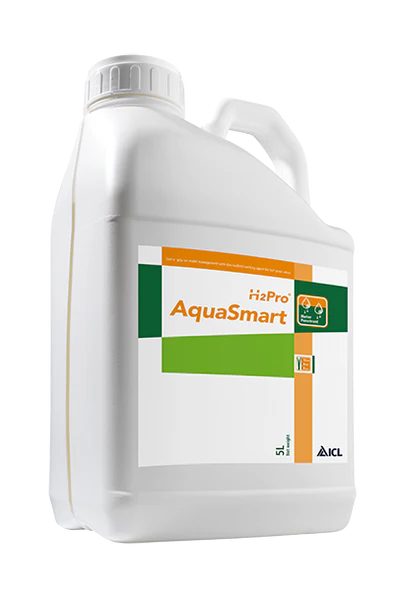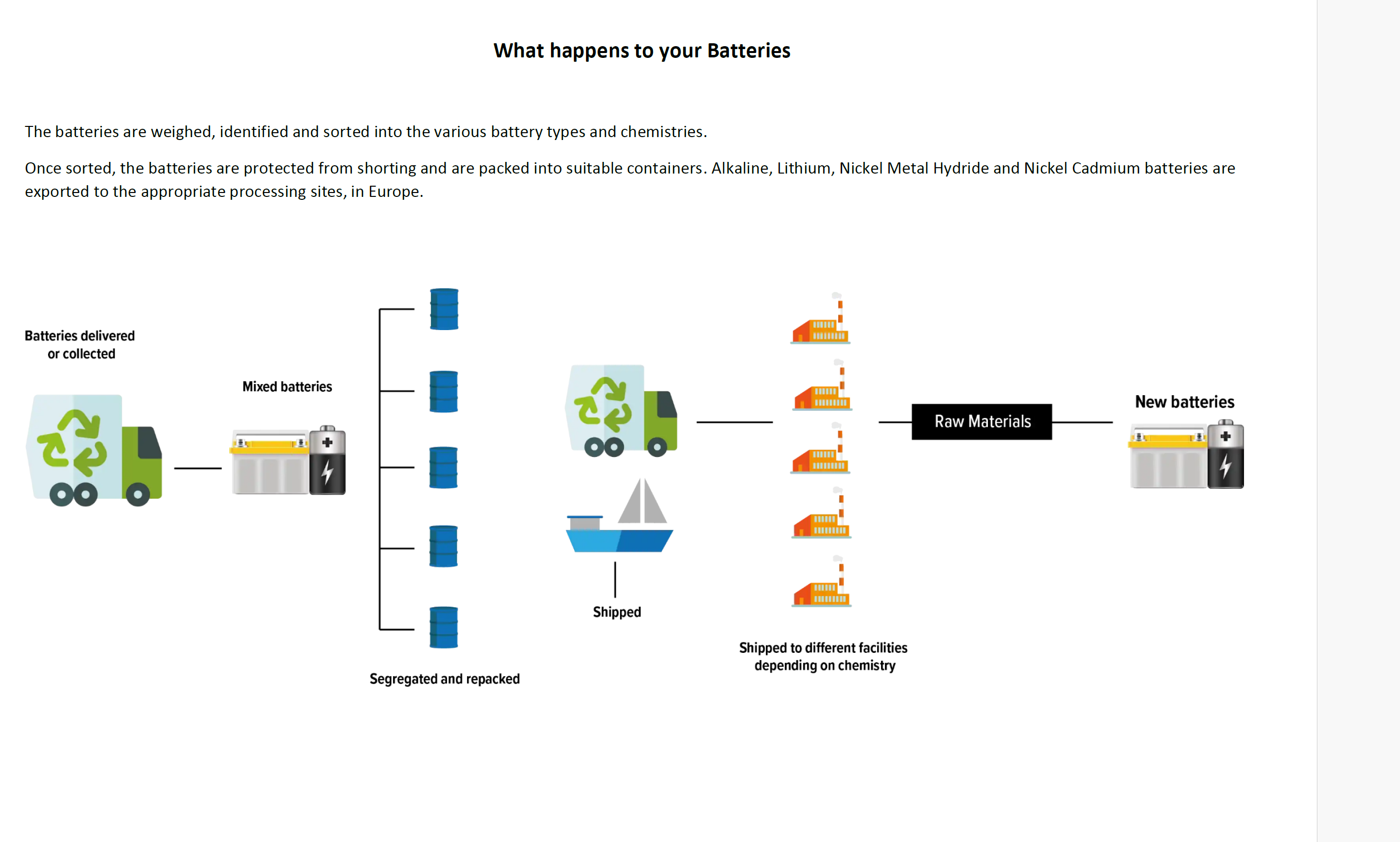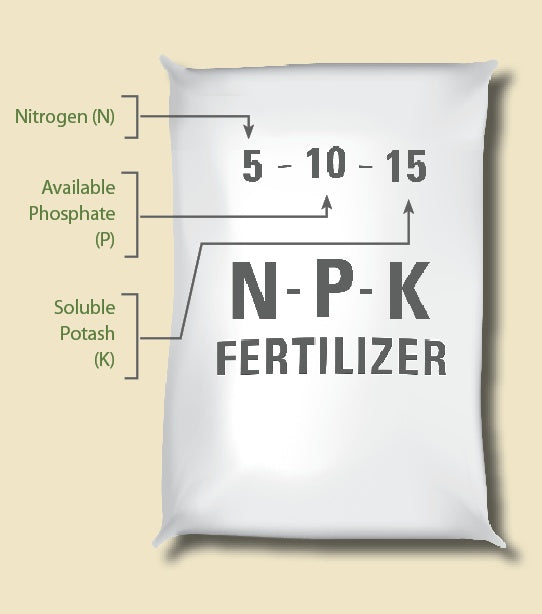Understanding Wetting Agents and Their Importance for Lawns
Maintaining lovely healthy lawn requires more than just regular watering and mowing. One crucial element in lawn care is ensuring that water penetrates the soil effectively promoting deeper root growth and preventing dry patches. This is where wetting agents come into play. Wetting agents, also known as surfactants, help reduce the surface tension of water allowing it to spread more evenly and penetrate the soil more effectively. They are particularly beneficial for lawns with hydrophobic soil, which repels water, leading to uneven moisture distribution.

Granulated vs. Liquid Wetting Agents: The Debate
When choosing a wetting agent, homeowners often find themselves debating between granulated and liquid forms. Each type has its own set of advantages and disadvantages, making the choice dependent on specific lawn care needs and personal preferences.
Granulated Wetting Agents
Pros:
- Ease of Application: Granulated wetting agents are straightforward to apply. They can be spread using a standard lawn spreader making it easy to cover large areas evenly.
- Long-Lasting Effects: These agents typically release their active ingredients slowly over time providing prolonged benefits and reducing the frequency of application.
- Storage and Handling: Granules are generally easier to store and handle. They do not require special storage conditions and are less likely to spill or cause messes.
Cons:
- Slower Activation: Granulated wetting agents take longer to activate since they rely on watering or rain to dissolve and penetrate the soil. This delay can be a drawback in situations where immediate results are needed (Not in England right now)
- Inconsistent Coverage: If not applied carefully, granules can result in uneven coverage, leading to areas of the lawn that receive too much or too little of the agent.
Liquid Wetting Agents
Pros:
- Immediate Action: Liquid wetting agents work quickly, providing immediate relief to dry, hydrophobic soils. This rapid action is ideal for addressing urgent lawn care issues.
- Uniform Application: When applied correctly using a sprayer, liquid agents offer more uniform coverage ensuring that the entire lawn receives an even distribution of the product.
- Flexibility: Liquid agents can be mixed with other lawn care products, such as fertilisers or pesticides allowing for a more integrated approach to lawn maintenance.
Cons:
- Frequent Reapplication: Liquids often need to be applied more frequently than granules, especially in areas with high rainfall or irrigation, which can wash the product away.
- Storage Challenges: Liquid agents require careful storage to prevent leaks and spills. They may also need to be kept at certain temperatures to maintain their efficacy.
- Application Complexity: Using liquid wetting agents often requires specialised equipment, such as sprayers, which can add to the cost and complexity of lawn care
Conclusion: Choosing the Right Wetting Agent for Your Lawn
The choice between granulated and liquid wetting agents ultimately depends on your specific lawn care needs and preferences. If you prioritise ease of application and long-lasting effects, granulated agents might be the better option. On the other hand, if you need immediate results and more uniform coverage, liquid agents could be the way to go.




Leave a comment
This site is protected by hCaptcha and the hCaptcha Privacy Policy and Terms of Service apply.